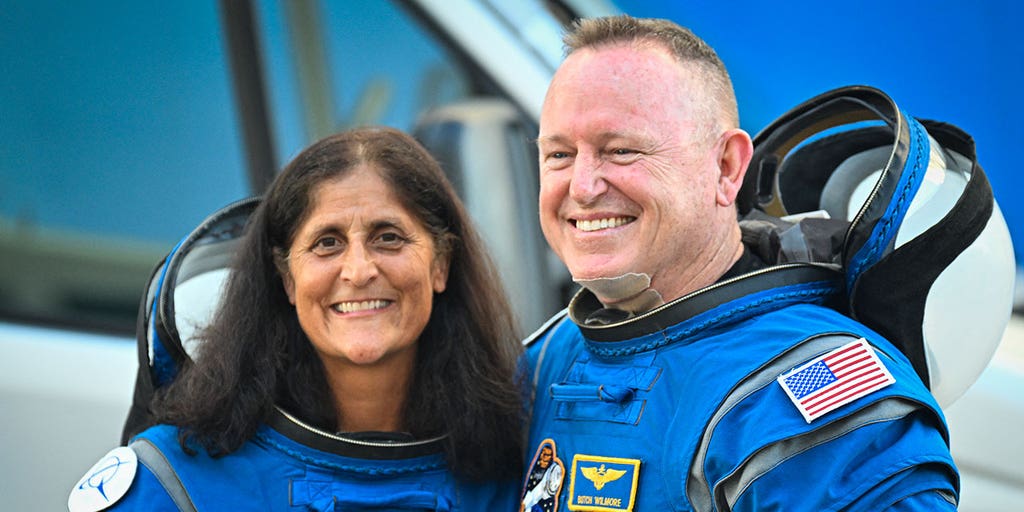
Suni Williams and Crew Return After Nine Months in Space
Imagine planning for a week-long trip and ending up staying for nine months. That’s exactly what happened to NASA astronauts Suni Williams and Butch Wilmore. Initially set for a short mission aboard the International Space Station (ISS), their journey was unexpectedly extended due to technical issues with Boeing’s Starliner spacecraft. Now, after 286 days in space, Williams and her fellow crew members have finally returned to Earth, greeted by an overwhelming mix of relief, excitement, and curiosity about what’s next for them.
Their return was facilitated by SpaceX’s Dragon spacecraft, which safely splashed down off the coast of Tallahassee, Florida. The moment marked a triumphant success for both NASA and SpaceX, proving once again that commercial spaceflight partnerships are critical for modern space exploration. But after such a prolonged stay in microgravity, many wonder: What comes next for these astronauts? How will they be compensated for their unexpected extended mission?
Also Read:- How the College Board is Revolutionizing AP Courses for the AI Era
- Andre Agassi Shares Heartwarming Photo of Steffi Graf and Their Cat
According to NASA, astronauts receive a fixed salary based on a 40-hour workweek, regardless of how long they stay in space. They don’t earn overtime, weekend, or hazard pay. Last year, NASA astronaut salaries reportedly reached over $152,000. Additionally, they receive $5 per day in incidentals while on duty in space. That means Williams and Wilmore will receive roughly $1,430 for their additional time beyond the planned mission—a small amount considering the extreme conditions they endured.
Spending nine months in microgravity is no small feat. Astronauts experience muscle loss, bone density reduction, and changes in their cardiovascular system. Recovery back on Earth takes months of rehabilitation, requiring intensive physical therapy and medical monitoring. Despite these challenges, Williams and her team conducted over 900 hours of research while aboard the ISS, contributing valuable data for future long-term space missions.
SpaceX CEO Elon Musk praised the safe return of the crew, acknowledging the risks involved and the outstanding work by the teams on the ground. Even former President Donald Trump expressed interest in meeting the astronauts at the White House once they have fully recovered. The world is celebrating their return, but the real work—both for their rehabilitation and for the advancement of space travel—continues.
Williams' extended stay is another reminder of the unpredictability of space travel. Every mission presents new challenges, but the resilience of astronauts like her paves the way for future deep-space exploration, including missions to the Moon and Mars. With lessons learned from this mission, NASA and its partners will refine technology, improve safety measures, and continue pushing the boundaries of human spaceflight.
For now, Suni Williams and her team can finally enjoy the feeling of solid ground beneath their feet, a simple pleasure they’ve been missing for nearly a year.
Read More:


0 Comments